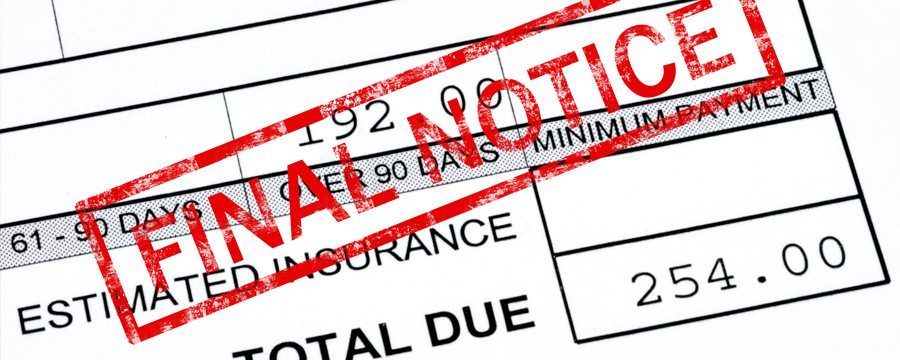Fair Debt Collection Practices Act (FDCPA) A Consumer Bill of Rights
Any debt collector who violates your rights may be required to pay you statutory damages of up to $1,000, plus actual damages, and attorney’s fees and costs, if you win your FDCPA case.
As a consumer, you are entitled to file a lawsuit against any debt collector who violates your rights under the FDCPA. In short, the FDCPA allows a consumer to recover their actual damages, statutory damages of up to $1000 and their attorney’s fees and costs.
The FDCPA is a consumer protection statute which protects you as a consumer from harassing, oppressive or abusive debt collection tactics by a debt collector who is collecting a consumer debt. You have a right to be treated with truth, fairness, dignity, and respect in all your dealings with a debt collector. If you’re not, you have a right to sue them.
A debt collector should not be permitted to take any actions that impact your job, your family or your privacy.
Truth, Fairness, Dignity, and Respect: That’s The Law
- Debt collectors cannot tell others about your debts, or attempt to collect your debt from your family, friends, employers, or neighbors;
- Debt collectors cannot threaten to garnish your income, or sue you, unless they are licensed attorneys;
- Debt collectors cannot charge you interest, fees or other costs that you don’t agree to in writing;
- Debt collectors cannot ask you to pay any amounts that have been discharged in a bankruptcy;
- Debt collectors cannot try to humiliate you to get you to pay a debt;
- Debt collectors cannot contact you to collect after you send written notice for them to stop;
- Debt collectors cannot leave abusive phone messages;
- Debt collectors cannot insult, yell or swear at you;
- Debt Collectors cannot lie, threaten, or otherwise harass you in any way.
The Fair Debt Collection Practices Act (“FDCPA”) is the law for how debt collectors must behave when they are collecting from you. The FDCPA prohibits any collection efforts which violate any other law. If a debt collector violates your rights, our firm can help.
If we agree to represent you in an FDCPA case, you won’t pay any attorney’s fees unless we recover on your behalf. You may be responsible for other costs in your lawsuit if we recover money for you. We can help consumers who have suffered from collection harassment.
Repeated, automated, or prerecorded calls, texts, or messages to your home or cell phone are called Robocalls.
Unless you gave your permission, Robocalls to your home or cell phone are illegal and can result in liability of at least $500 per call and as much as $1,500 per call if the conduct is willful. It’s also against the law for anyone to call your cell phone or home phone number and leave a prerecorded message on it to sell you something. Unless you explicitly agreed to receiving those calls in writing from that party, these kinds of Robocalls are illegal.
Documenting the Robocalls is crucial to your potential case
The surest way to document these Robocalls is to take a picture of every incoming caller ID screen you get on your cell phone. Use your smartphone’s built in function, or use a digital camera if you have an older phone and take separate pictures of each caller ID screen showing the incoming Robocall.
How do you know if the call you’re getting is a Robocall?
- Please answer these questions:
- Was there a pause or delay after you answered, but before a live operator got on the phone?
- Was there a “click” sound after you answered the call?
- Did a live operator come on after a delay?
- Was the call initially just hold music?
- Did the call initially contain a prerecorded hold message telling you to wait for an important message?
- Did you get a pre-recorded generic message on your voice mail system or answering machine?
- Was the message from a computerized robotic voice?
If you answered yes to any of these questions, you likely received a Robocall.

